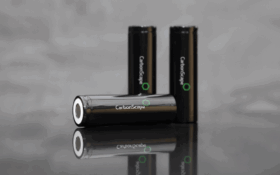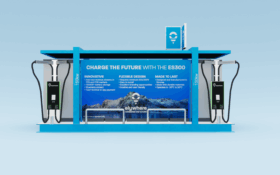Canadian battery recycling company Li-Cycle said on Wednesday that the company has filed for bankruptcy protection from the Ontario Superior Court of Justice in Canada under the Companies Creditor’s Arrangement Act (CCAA). The Act is a Canadian federal law that allows insolvent corporations, that owe creditors more than $5 million, to restructure their business and financial affairs.
The firm’s US subsidiaries have commenced proceedings in the US Bankruptcy Court for the Southern District of New York under chapter 15 of the US bankruptcy Code for recognition of the CCAA proceedings as a “foreign main proceeding”. Chapter 15 is a domestic issue, while the better-known chapter 11 refers to cross-border insolvency.
The move, securing temporary stays, came just two weeks after Li-Cycle had announced they were seeking a buyer in order to avoid bankruptcy.
This follows a stormy couple of years for the firm, which faced a string of financial and logistical challenges – with cost overruns and technical issues.
It now faces the situation of defaulting on a loan from the US Department of Energy (DOE). This was granted in November last year when the DOE agreed $475 million to help the company. The company would have needed to raise $262.7 million to qualify for the next advance from that loan.
Li-Cycle has entered an equity and asset “Stalking Horse” credit bid for at least $40 million with Glencore, for equity and assets including the partly-built Rochester, US hub. (A stalking horse bidder is a pre-selected buyer in a bankruptcy auction that sets the base bid to establish a minimum price for other offers).
It’s likely that Li-Cycle’s operations in Asia and most of Europe will now close, apart from the Swiss and German facilities where the picture is a bit happier due to Glencore’s recent $10.5 million loan. Glencore already owns unsecured notes that could be converted to a nearly 2/3 stake in Li-Cycle’s common shares.












